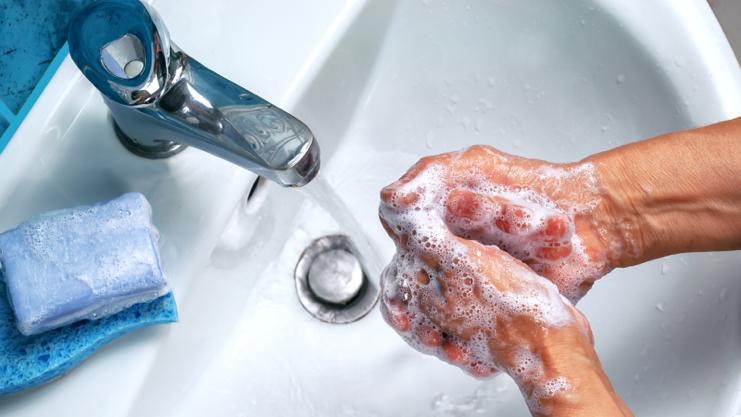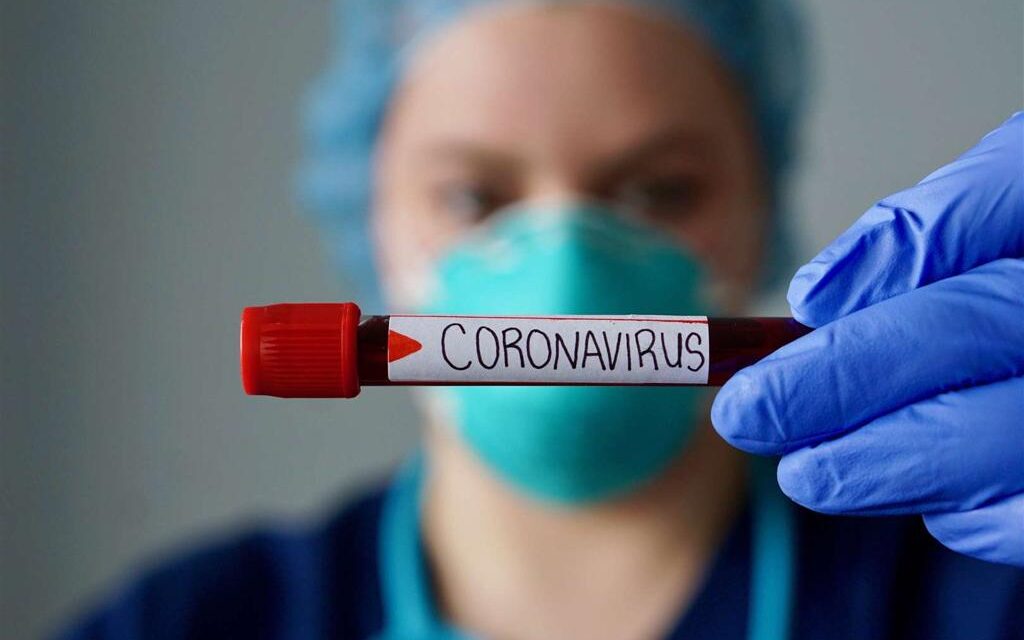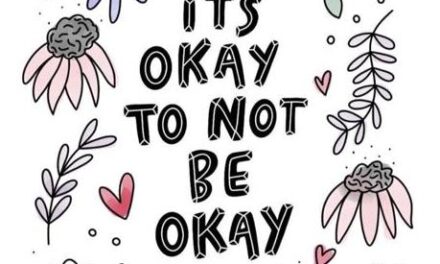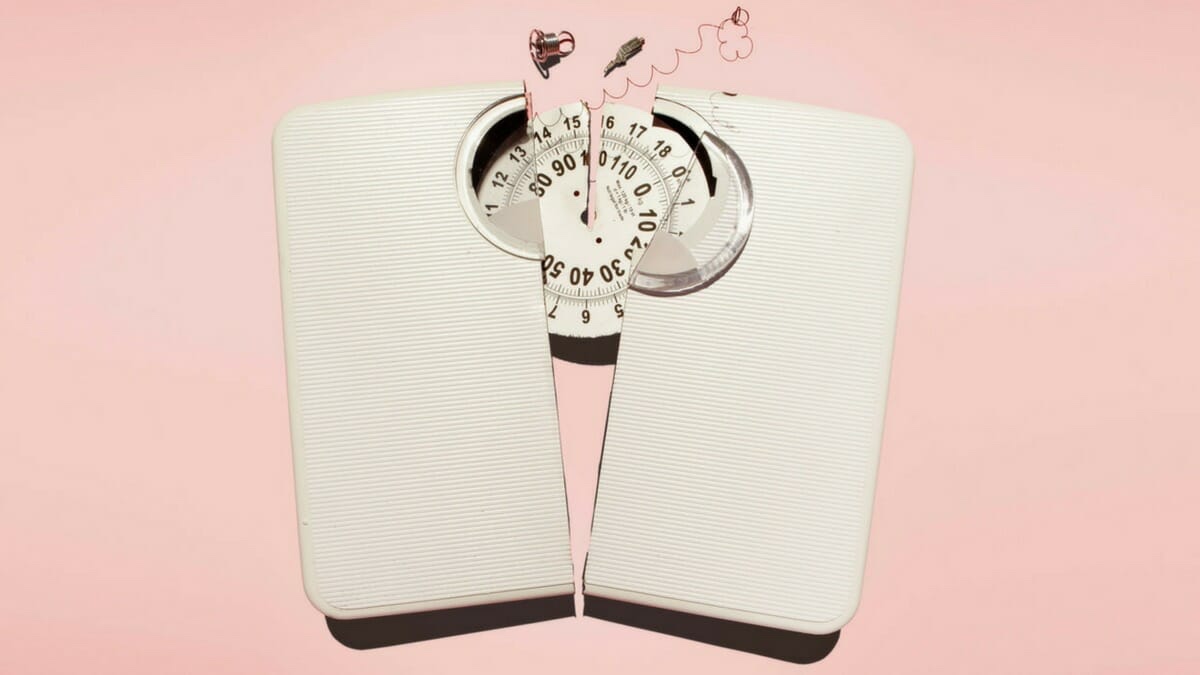What is Corona Virus?
Corona viruses are a group of viruses which cause flu-like symptoms in humans. The group has been around for many years and it typically affects animals. The recent pandemic has been caused by a new strain of the virus called COVID 19 which is affecting humans.
The virus is a respiratory virus which means it affects our air ways and lungs.
How is Corona virus spread?
Like cold and flu bugs, the virus is spread via droplets when a person coughs or sneezes. The droplets land on surfaces and are picked up on the hands of others and spread further. People catch the virus when they touch their infected hands to their mouth, nose or eyes.

Who is affected?
The corona virus can affect anyone; however it is less common in children and more common in the elderly.
The people most at risk are:
- The elderly
- People with a weakened immune system. This included anyone who suffered with a chronic disease, autoimmune diseases, cancer, on chemotherapy or medications which alter your immune system.
- Pregnant women are also more at risk
What are the symptoms?
The key symptoms to look out for are
- High temperature. You may feel hot to touch or your temperature changing between hot and cold.
- Cough
- Shortness of breath
- Muscle aches
- Reduced appetite
- Feeling weak and tired
What to do if you have these symptoms?
- Self Isolate – this means at home and avoid contact with other people
- Do not go to a GP surgery, pharmacy or hospital
- Use the 111 service via phone or online for advice.
For most of use self- isolation is new a scary concept.
Here is the advice from the 111 service regarding self-isolation rules;
How long to stay at home
If you have symptoms
If you have symptoms of coronavirus, you’ll need to stay at home for 7 days.
After 7 days:
- if you do not have a high temperature, you do not need to stay at home
- if you still have a high temperature, stay at home until your temperature returns to normal
You do not need to stay at home if you just have a cough after 7 days. A cough can last for several weeks after the infection has gone.
If you live with someone who has symptoms
If you live with someone who has symptoms, you’ll need to stay at home for 14 days from the day their symptoms started. This is because it can take 14 days for symptoms to appear.
If more than 1 person at home has symptoms, stay at home for 14 days from the day the first person started having symptoms.
If you get symptoms, stay at home for 7 days from when your symptoms start, even if it means you’re at home for longer than 14 days.
If you do not get symptoms, you can stop staying at home after 14 days.
How to prevent the spread of corona virus

- WASH YOUR HANDS WITH SOAP OR SANITISER FOR 20 SECONDS
- AVOID TOUCHING YOUR FACE
- USE A TISSUE FOR COUGHS AND SNEEZES DISPOSE OF IT IMMEDIATELY AND THEN WASH YOUR HANDS
- CLEAN ALL SURFACES REGULARLY WITH SANITSER
- EVEN IF YOU HAVE NO SYMPTOMS YOU SHOULD WORK FROM HOME IF POSSSIBLE
- AVOID SOCIAL GATHERING
- AVOID PUBS/ RESTURANTS / GYMS ETC WHERE PEOPLE MAY BE IN CLOSE CONTACT
Final point
Everyone agrees it is an extremely scary and unsettling time for us all.
People note that although corona virus can be extremely dangerous, most of cases are mild.
People support vulnerable people in the community
Please please do not stock pile essentials so that others may go without
Use the rare time of self-isolation to practice self-care.
Please try not to be overly anxious, this time will pass.
For more information please visit the NHS website here

Dr Jane Leonard is a fully qualified GP and Cosmetic doctor, graduating from the University of Manchester. She also has a first class honours degree in anatomical sciences, in which she focused her studies on the anatomy of the face, head and neck.
She completed her aesthetic training on Harley Street following a stint at The Alfred Hospital Medical Research Centre, in Melbourne, Australia. Her work in Dermatology research has been published in the prestigious Australasian Journal of Dermatology.
Almost a decade of aesthetic treatment experience, Dr Leonard has been nominated for the Cosmetic Doctor of the Year in the prestigious Safety in Beauty Diamond Awards.















